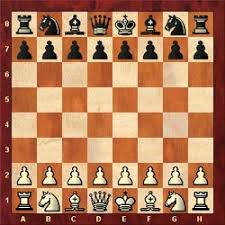Many people (esp. men) don’t get the point of the RS throughline, or don’t understand what it is, at first.
When I took the Narrative First mentorship program with @jhull, he assigned throughline encoding exercises (aka playgrounds) based on my treatment’s storyform. Most people “get” the OS so he doesn’t usually do exercises for that, but for the others:
- He said I seemed to have a really strong handle on my MC, so we could skip the MC playgrounds
- I needed to get a better grasp of my IC, so I did exercises for that throughline. Jim ended up super impressed with all of them, with only a few points of feedback here and there. After he said “make it about the influence,” I got it, and everything worked.
- For the RS, it took me like 4-5 tries – each time initially thinking I had got it right – before I finally made something that was focused on a relationship. My first two tries he was like “these would make nice OS’s”, the third was closer but still not close enough. Finally, I got one right – and because it used the same story points as the story I was working on, it gave me HUGE insight into my story.
Getting a better grasp of the RS was one of my biggest takeaways from that mentorship. And, though it’s still sometimes tricky, I’m able to use what I learned in my own writing. This is important, because I care a LOT about the RS in stories.
Case in point: I just finished an epic / stupidly long (over 1000 pages) novel first draft, which has a Main Story and at least two Sub-stories, each with their own storyform. I can say that without a doubt, in all three of those stories, the RS throughlines are super important.
Also, for the Main Story, for which I know the narrative argument very well, I found that the RS was a kind of “echo” or continuation of that argument (basically, showing how the argument applies to a different context). I didn’t try to make that happen, it just ended up doing that on its own. I didn’t even realize it until near the end when the MC was quoting something another character had said, which had originally been an argument in the OS, and now he was using to explain something about the relationship.



